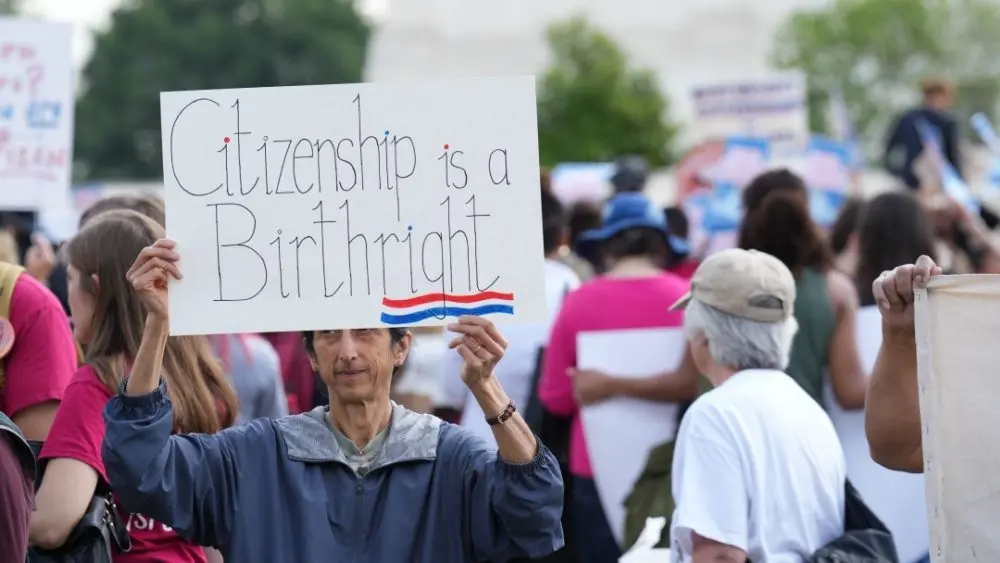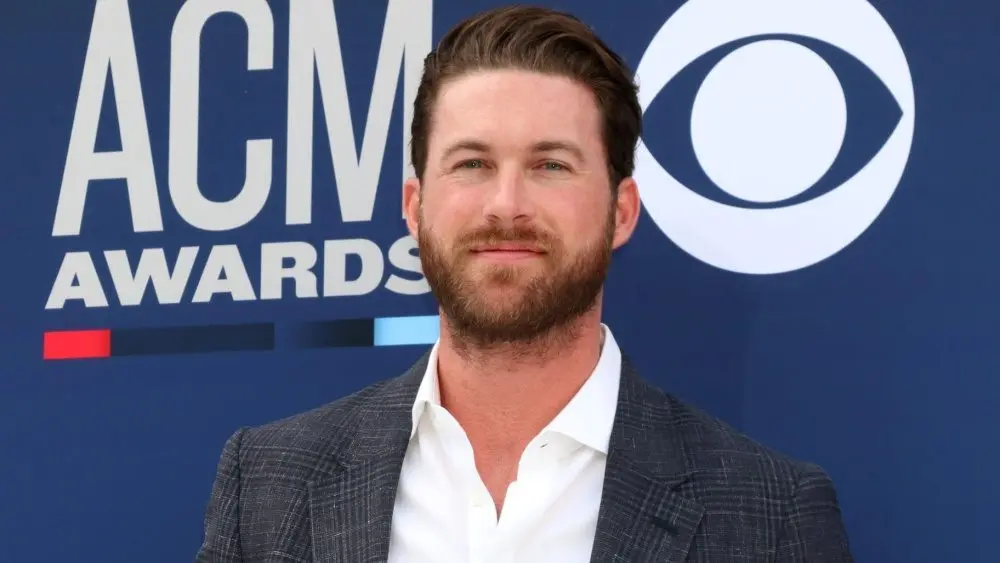JEFFERSON CITY, Mo. (AP) — A new law meant to make it easier for Missouri crime victims to request financial aid to help pay for medical coverage, counseling and other expenses appears to be working, advocates say.
Only a few months after a legislative overhaul of the program took effect, it is noticeably easier for victims to request such aid, said Katie Dalton, the director of programs and volunteers at the Crime Victim Center, a St. Louis group that helps victims apply for such aid.
Before the changes took effect in August, victims had to submit a notarized application to receive the aid, which can also cover lost wages or other expenses related to crimes committed against them. They’d need to send in official documents and medical paperwork by mail, and hospitals and other physicians were not allowed to do so on their behalf. Furthermore, they were required to report crimes to police within 48 hours and to cooperate with prosecutions that might not occur until years later.
Dalton said the hoops victims had to jump through, on top of the trauma of dwelling on crimes committed against them, sometimes led them to drop their applications altogether.
“They’ll get frustrated and they get confused by all the different people calling them and what they need,” Dalton said. “So they either get denied because they stopped contacting Crime Victims Compensation or because they’ve then said, ‘I’m done, I don’t want to complete this form.'”
Advocates still advise that it can take as many as six months before victims receive financial help, but Dalton said the revamped process has already shaved off time and made it easier for applicants to follow through on their requests.
Dalton said ditching the notary requirement, in particular, has really made it easier on applicants, who used to have to schedule in-person appointments at her center to work with a notary.
“People are getting the applications in quicker because they don’t have to come in,” she said.
Allowing applications to be sent by email also saved a week of time, said Dalton. Although it’s too early to tell whether the changes to the law are helping victims get their checks earlier, Dalton said she hopes they’ll help shave a month off the process.
Health care providers also now can submit paperwork for victims, and Department of Public Safety spokesman Mike O’Connell said the application is available online .
The changes are “amazingly transformative,” said Colleen Coble, the CEO of the Missouri Coalition Against Domestic and Sexual Violence.
Fines from state and federal offenders pay for the program, which is run by the state Department of Public Safety. It’s aimed at helping with expenses ranging from funerals to ambulance rides that are not paid by insurance, civil suit awards, restitution or other sources. Victims can get a maximum of $25,000 from the program for eligible crime-related expenses.
Of the roughly 1,700 applications last fiscal year, O’Connell said Missouri approved 892 and doled out more than $5.1 million.
The new law also expands eligibility, and Coble said that could mean more applications are submitted and approved. Before, people convicted of two felonies including either a violent or drug-related crime in the past 10 years could not access the funds. Now, those victimized in unrelated crimes can get aid.
“No matter other things, if you are victimized you have the right under this program to receive compensation,” Coble said. “That’s just common sense.”
Sworn affidavits from victims, orders of protection and sexual assault forensic exams can be submitted instead of police reports.
Dalton said dropping the police report requirement has led to more domestic violence victims applying for help who might not have been eligible before.
The new law also eliminates a $2,500 cap for mental health counseling and a three-year deadline for requesting help with expenses. McConnell said victims who hit that cap or ran up against the three-year mark can reapply for more aid.






